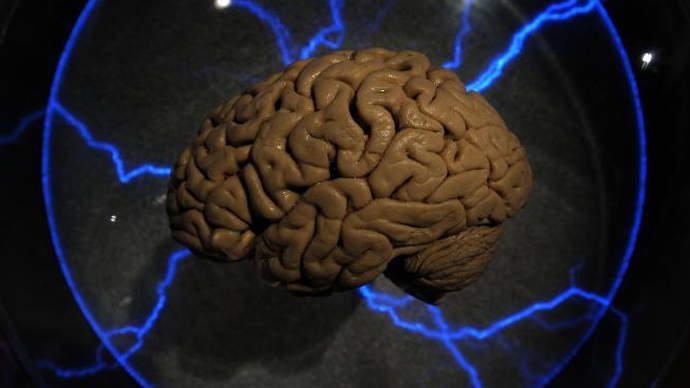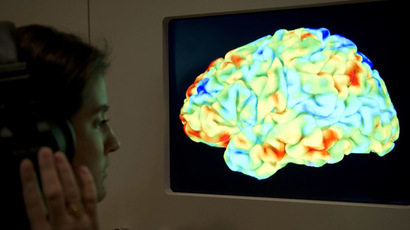DARPA working on brain implants to help restore memory

Memory loss could soon be a thing of the past. US military researchers say they’re developing a new brain implant that could restore mental faculties. This could bring a new lease of life to millions around the world, but raises ethical concerns.
The project is being developed by the Defense Advanced Research Agency (DARPA), and could help soldiers who have suffered brain injuries during service, or millions of sufferers of Alzheimer’s disease. The program is expected to take around four years to complete and is part of a $100 million program by US President Barak Obama to gain a better understanding of the human brain, according to AFP.
"If you have been injured in the line of duty and you can't remember your family, we want to be able to restore those kinds of functions," DARPA program manager Justin Sanchez said this week at a conference in Washington DC, convened by the Center for Brain Health at the University of Texas.
He believes that it is possible to develop prosthetic devices, which can interact with the hippocampus. The hippocampus is a key part of the brain, which is used for the consolidation of information, including the short term and long term memory.
However, the ability to manipulate the brain does raise ethical questions. Arthur Caplan, a medical ethicist at New York University's Langone Medical Center says, “When you fool around with the brain you are fooling around with personal identity. The cost of altering the mind is you risk losing a sense of self, and that is a new kind of risk we never faced.”
In theory, the new technology, if and when it is developed, could alter the personality of a human, with Caplan mentioning that it could make soldiers more violent and callous.
Some progress has already been made on helping to reduce tremors in people who are suffering from Parkinson’s disease and even boosting memory in some patients who have contracted Alzheimer’s. This has been achieved through using a process called deep brain stimulation by sending electrical impulses to specific parts of the brain through a pacemaker.
Robert Hampson, who is an associate professor at Wake Forrest University, who is not connected to the DARPA project, has already tested some memory techniques on animals. His research on rodents and monkeys has shown that neurons in the hippocampus, which processes memory, fire differently when they see red or blue, or a picture of a face versus a type of food.
Using prosthetics designed to stimulate the hippocampus, Hampson was able to extend the short-term, working memory of his subjects. But to restore a human's specific memory, the associate professor says scientists would need to know the precise pattern for that memory.
“The idea is to restore a function back to normal or near normal of the memory processing areas of the brain, so that the person can access their formed memories, and so that they can form new memories as needed,” Hampson concluded.














